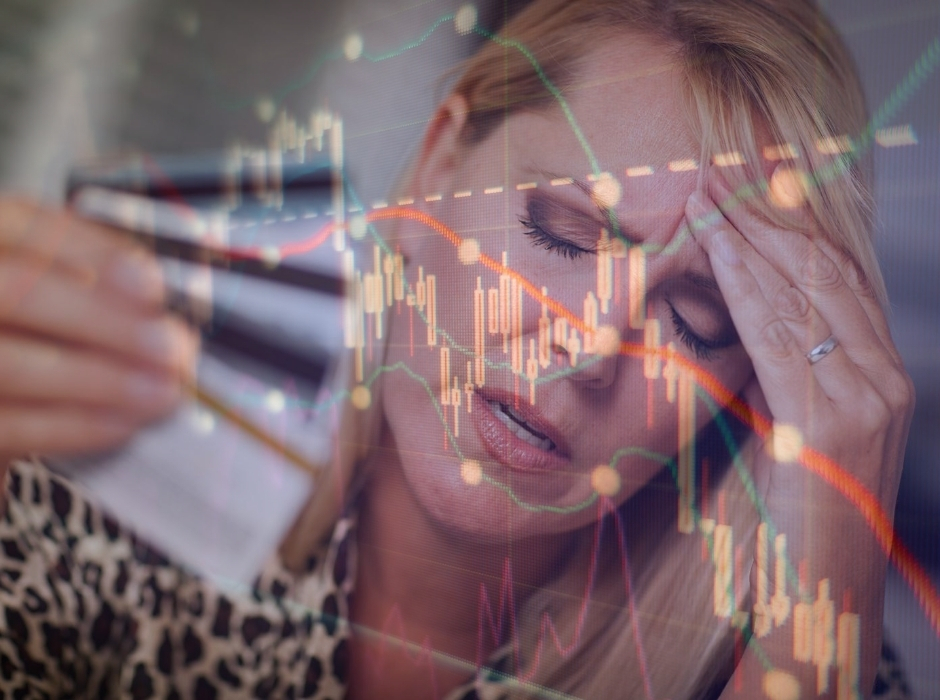The coronavirus recession hasn’t been easy on anyone, but millennials may have been hit hardest.
According to many economic experts, the 73 million millennials in the U.S. could experience financial setbacks from COVID-19 that have a longer-reaching impact than those experienced by any other age group.
Here’s why the coronavirus pandemic has been especially hard for those in 25- to 39-year-old age bracket.
Another recession for millennials
Economic recessions are nothing new for this demographic. They already lived through the Great Recession of 2008, and for many, the impact of the last recession is still being felt today.
The Great Recession hit millennials when they were still in college or just starting out on their career paths. For some, it meant the choices for their first post-college job were very slim. For others, it meant dropping out of college when there was no longer a guarantee of a degree netting them a higher-paying job. Regardless of how they were impacted, many millennials are still playing catch-up from the recession of 2008.
“For this cohort, already indebted and a step behind on the career ladder, this second pummeling could keep them from accruing the wealth of older generations,” says Gray Kimbrough, Washington, D.C. economist and American University professor.
Job losses across the board
More than 40 million workers in the U.S. have filed for unemployment since the beginning of the pandemic, but this is another area where millennials have been hit harder than most.
According to a recent report by Data for Progress, 52% of respondents under age 45 have lost jobs, been furloughed or had their work hours cut due to COVID-19. In contrast, just 26% of respondents over age 45 have suffered a job loss of some kind during the coronavirus pandemic.
Millions of millennials have lost jobs that are impossible to do while adhering to social distancing mandates. At the height of the economic lockdowns in April, the economy shed a staggering 20.5 million jobs. Of these jobs, 7.7 million were in the leisure and hospitality sector — a sector that is dominated by millennials. An additional 1.4 million lost jobs were in health care, primarily in ambulatory services — another field that employs a disproportionately large number of millennials.
No nest egg
Many millennials who are still on the rebound from the Great Recession are carrying piles of debt and have minimal savings — or none at all.
According to surveys conducted in 2018 by the Federal Reserve, 1 in 4 millennial families have a negative net worth, or debts that outweigh their assets. One in six millennials would not be able to find the funds to cover a $400 emergency. For these young employees, a relatively mild setback from the coronavirus can be devastating to their finances.
Millennials also tend to neglect their retirements. A recent report by the National Institute on Retirement Security found that 66% of millennials in the workforce have nothing put away for their retirement.
Can millennials recover?
Millennials had still not fully recovered from the Great Recession when the coronavirus pummeled the economy. They have shouldered a large share of job losses and have little or no savings to fall back on.
But there is hope. Millennials may not be as young as they were during the Great Recession, but they still have time to bounce back. They can use the unique challenges presented by the coronavirus pandemic as an opportunity to reevaluate their career track and move onward toward a brighter future.
This age group, also known as Gen Y, is famous for its resilience and can-do attitude. They’ve gotten through the Great Recession of 2008 and they’ll beat the coronavirus recession, too. With hard work, perseverance and small steps toward a better future, millennials can pull themselves up and regain their financial health.
If you’re experiencing financial difficulties, we can help. Call, click or stop by Freedom FCU to speak to a member service representative today.
Your Turn: Are you a millennial who has been impacted by the coronavirus recession? Tell us about it on Facebook, Twitter, or Instagram. @FreedomFedCU



